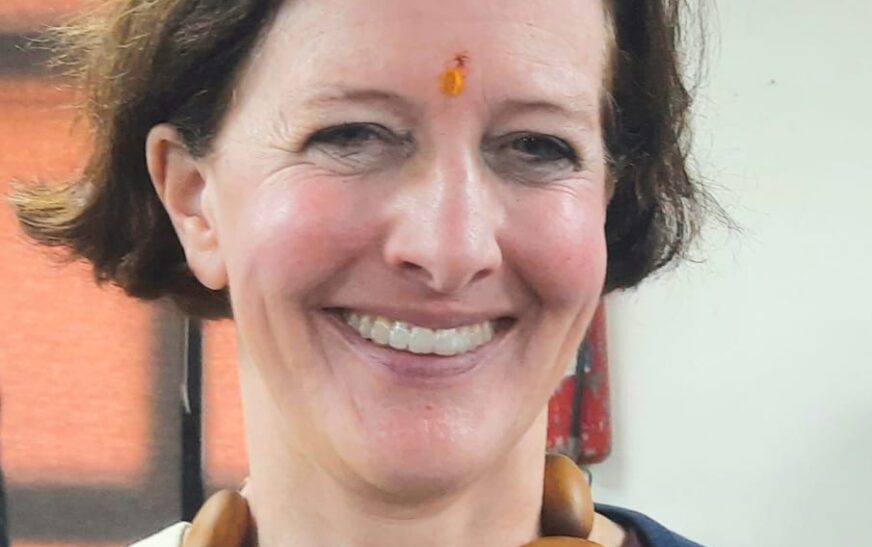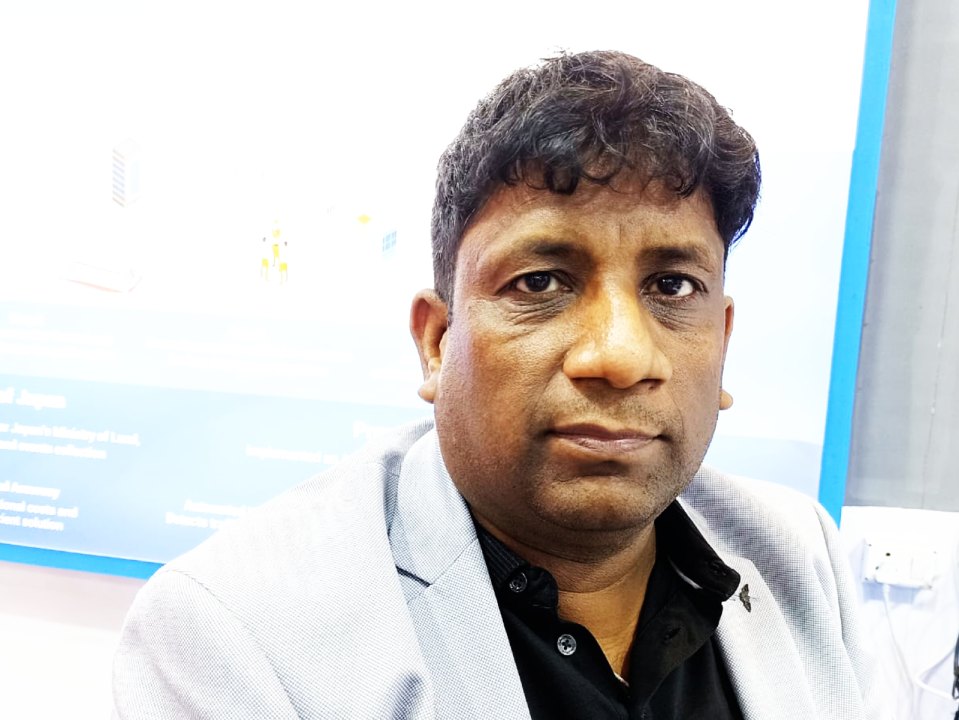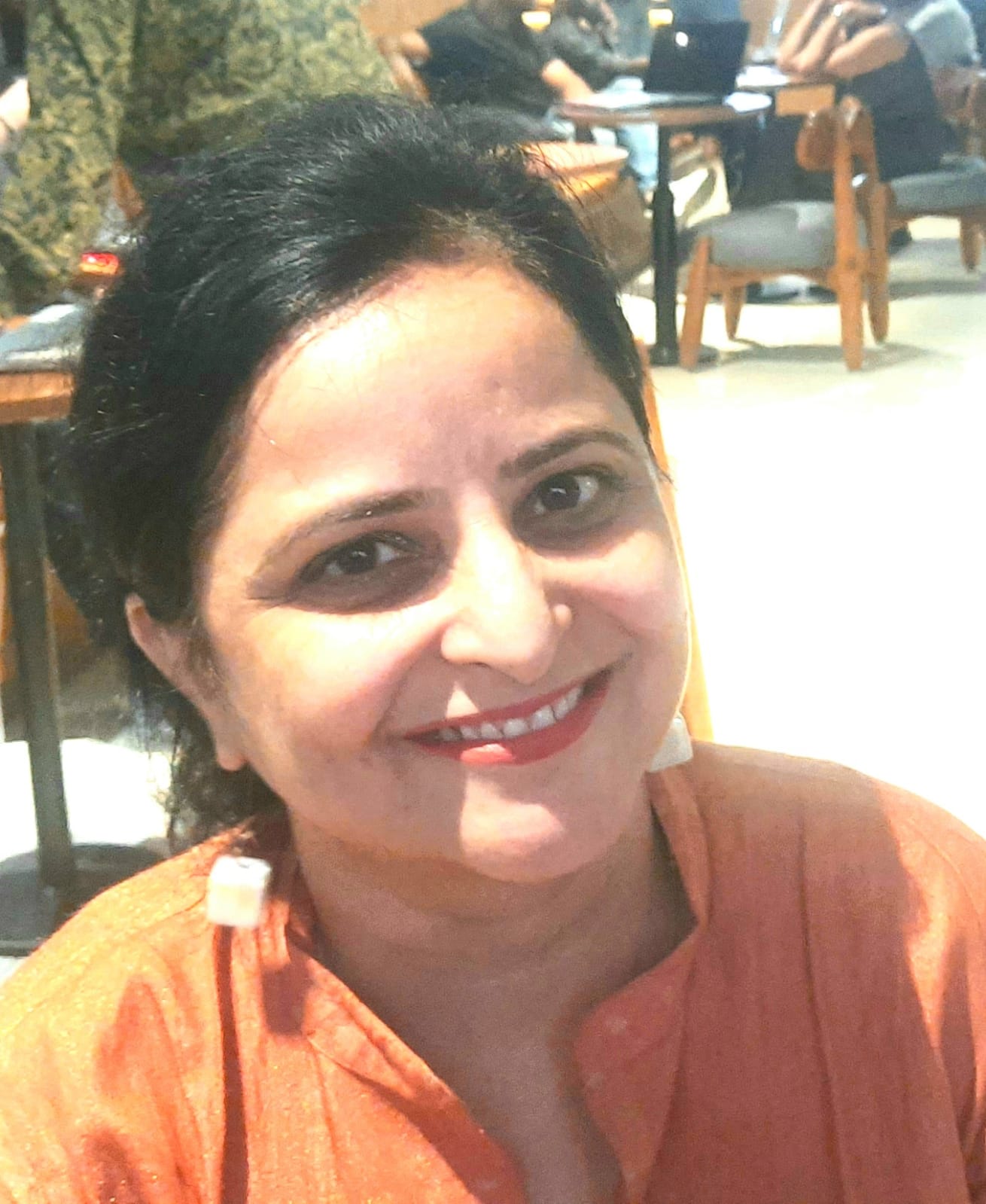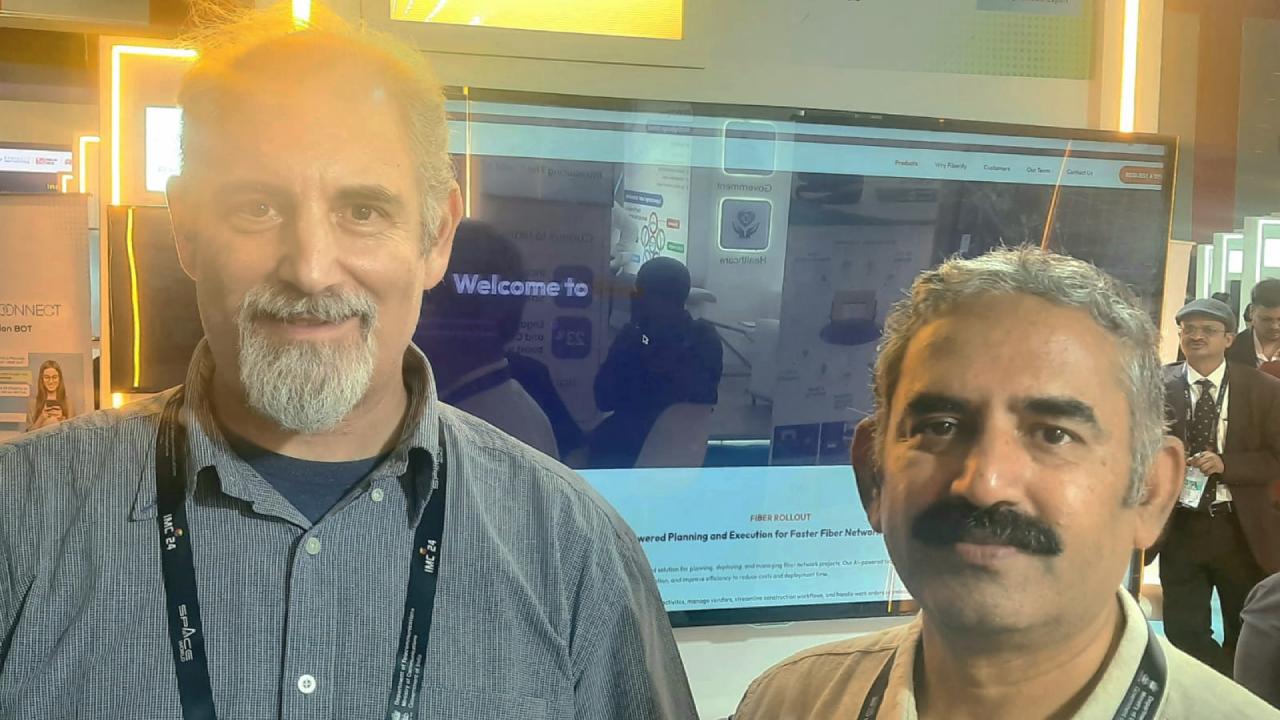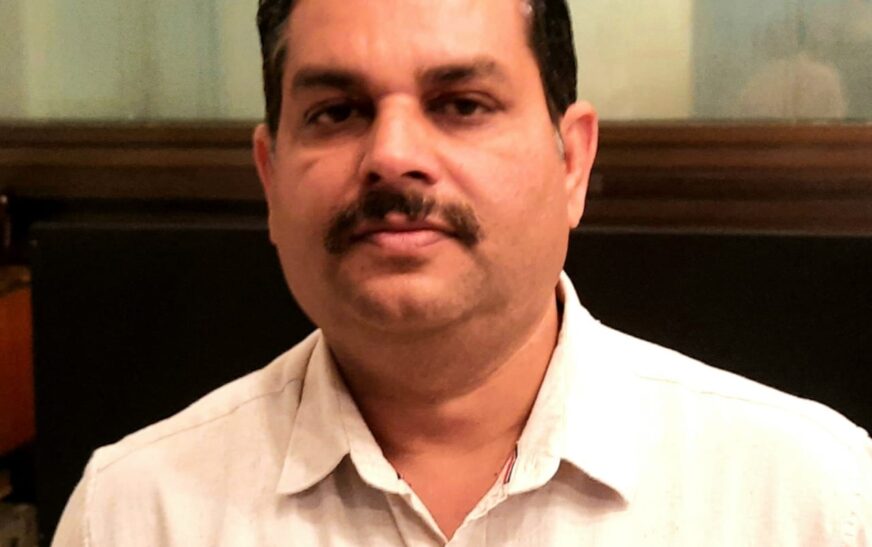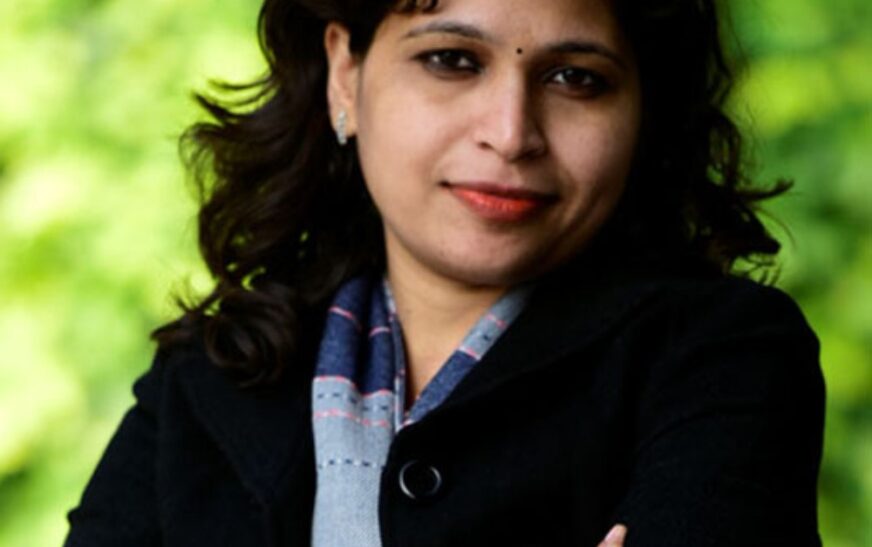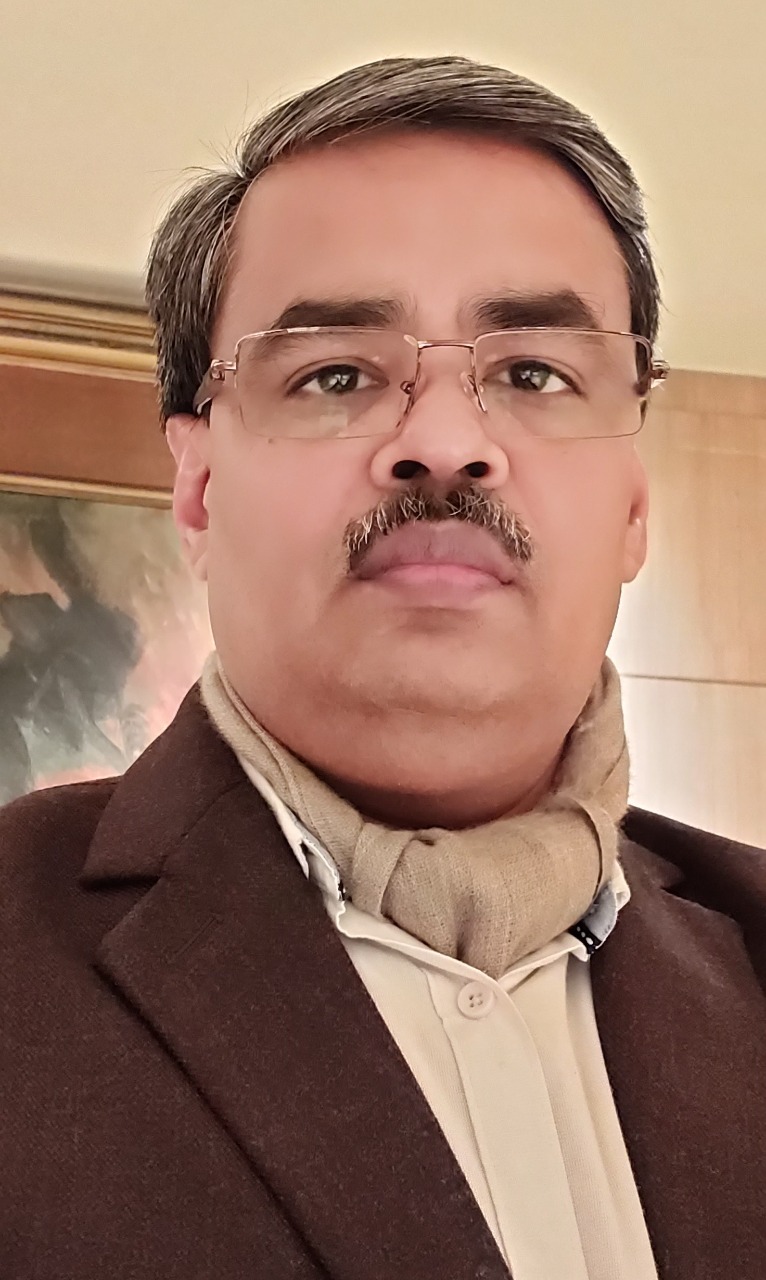Mary Lee Clark, currently serving as the Provost and Executive Vice Chancellor at the University of Denver, brings a wealth of experience and expertise to her role. With a background deeply rooted in higher education law, women’s legal history, legal ethics, judicial politics, and property, Mary’s contributions to academia are multifaceted. Notably, she also holds a prestigious professorship at the renowned Sturm College of Law within the University.
Before her tenure at the University of Denver, Mary’s journey in academia saw her hold several pivotal positions at American University. From interim provost to deputy provost, dean of faculty, and various roles within the law school’s administration, Mary has demonstrated remarkable leadership and dedication to fostering academic excellence.
During an exclusive interaction with The Interview World on the sidelines of the MoU Signing Ceremony between Jaipuria Group of Educational Institutions and the University of Denver, Mary Lee Clark sheds light on critical aspects of the collaboration. She offers insightful perspectives on the evolving landscape of education, particularly in light of emerging technologies. Moreover, she delves into the opportunities for student placement, providing invaluable insights into judicial politics and stressing the significance of certifications for students from universities rated under R1.
Mary’s interview provides a comprehensive understanding of the collaborative efforts underway and underscores the transformative potential of education in today’s dynamic world.
Q: What key components define the collaboration between the Jaipuria Group of Educational Institutions and the University of Denver?
A: The bond between education, opportunity, and pedagogy holds profound significance. Education serves as the gateway to opportunities, enabling individuals to unlock their potential and pursue their aspirations. This inherent value underscores the essence of the relationship between the Jaipuria Group of Educational Institutions and the University of Denver. Through collaborative efforts, they cultivate environments where learning transcends boundaries, fostering innovation and growth. It’s within this synergy that students are empowered to thrive, equipped with the knowledge and skills to navigate the complexities of a dynamic world. Thus, this partnership stands as a testament to the transformative power of education in shaping brighter futures.
Q: What potential impacts and opportunities do emerging technologies hold for the future of education?
A: It’s imperative that we fully embrace the potential of technology, particularly artificial intelligence, for positive transformation. As we confront the ethical complexities inherent in AI and emerging technologies, it’s crucial to shift our focus towards the myriad opportunities they present. These advancements not only facilitate the creation of new knowledge but also open doors to novel opportunities for both our students and faculty members alike. By leaning into these technologies, we can harness their power to enhance learning experiences, drive innovation, and ultimately, contribute to the betterment of society as a whole.
Q: What are the collaborative efforts aimed at enhancing global opportunities for students, particularly in terms of placement?
A: As previously highlighted, students from India enrolling at the University of Denver will discover numerous placement prospects both during their academic tenure and post-graduation through the OPT program. This avenue grants them access to collaborate with a variety of for-profit and non-profit employers, providing a rich array of work experiences. The placement opportunities are expansive and robust, ensuring students have ample chances to gain practical skills and real-world insights. This dynamic environment fosters a holistic learning experience, empowering students to transition seamlessly from academia to the professional sphere, thereby enhancing their employability and contributing to their overall growth and development.
Q: What is the significance of the R1 certification for students, and how might it positively impact their future endeavors?
A: The Carnegie Classification of Institutions of Higher Education, a framework devised by the Carnegie Foundation for the Advancement of Teaching, meticulously evaluates colleges and universities across the United States. It meticulously assesses various aspects including research involvement, institutional size, and the spectrum of degrees offered. Institutions ranked higher within this classification gain significant advantages, particularly in terms of accessing federal research funding.
At the apex of this hierarchy stands the R1 category, reserved for doctoral universities exhibiting exceptionally high levels of research activity. This top-tier status not only signifies prestige but also opens doors to substantial research funding opportunities. Consequently, prominent bodies such as the National Science Foundation, the National Institutes of Health, and the National Institute of Mental Health are inclined to allocate a significant portion of their research funds to institutions that have achieved this distinguished status, ensuring that resources are directed to where they can make the most impactful contributions to academic research and innovation.
Q: Could you provide further insight into the intricacies of judicial politics, an area in which you possess expertise, for our readers?
A: Judicial politics encompasses the operational dynamics and decision-making processes of our highest courts, which are informed by ethical standards and constitutional principles. Furthermore, it delves into the comparative analysis of judicial systems, such as examining how the approach of the Indian Supreme Court parallels or complements that of the US Supreme Court. This comparison sheds light on the interplay of legal frameworks and judicial philosophies across different contexts. By scrutinizing these interactions and influences, judicial politics elucidates the complexities of legal interpretation and application within the broader socio-political landscape. In essence, it serves as a lens through which to understand the intricate workings of judicial institutions worldwide.
